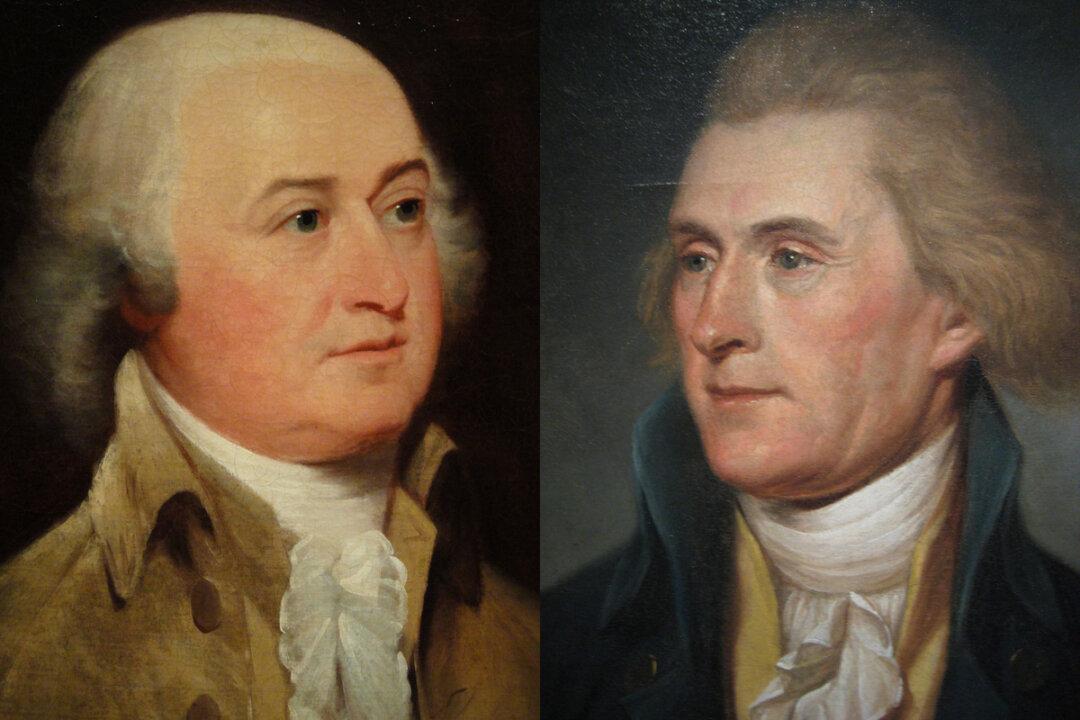The United States has been blessed with many distinguished leaders. But the generation that founded our nation has a special place in the hearts of many Americans. Even among that very special generation, two of our Founders stand out not only because of their many accomplishments and their lasting mark on the country, but because their friendship helped shape its early years—a friendship that both started and stopped on the Fourth of July.
Jefferson was an erudite, tall, slender, and fearfully shy man from the rolling hills of the Virginia countryside. John Adams was a brash, short, stocky, and straight-talking man from the bustling town of Quincy, Massachusetts. Both were well-educated, having pursued arduous courses of self-study that lead to them each becoming members of the bar.

